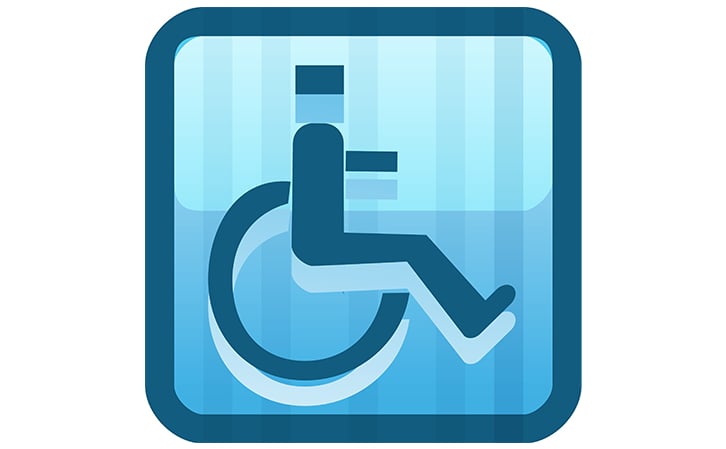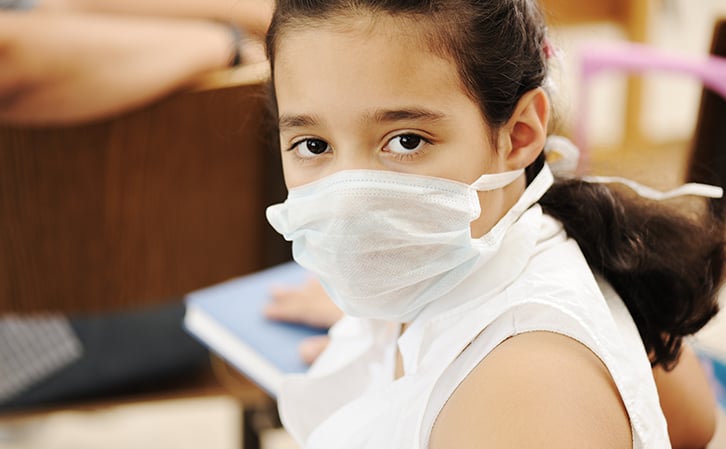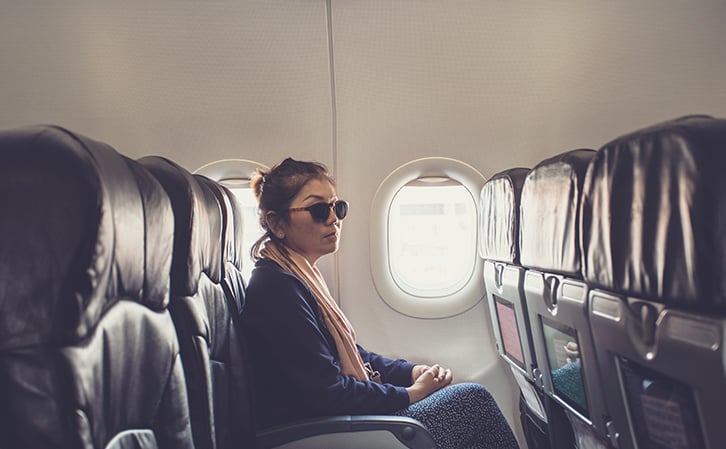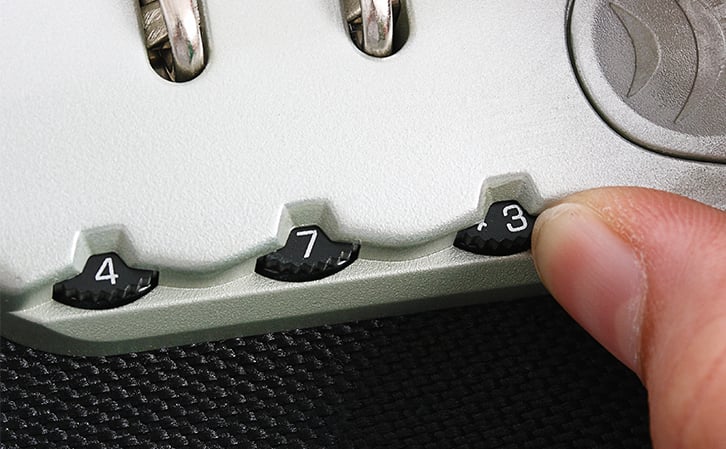The Future of Flying as a Wheelchair-User
With the pandemic changing nearly every aspect of life, the travel industry is possibly one area of life that is the most appended. Notably, the airline industry. Many things will be different when many of us get on an airplane again. And for people with paralysis who use wheelchairs, there will be even more noticeable differences.
Social distancing on airplanes is one of the biggest reasons you'll see changes. Financial difficulties will also change but much as well. Read on to see what many in the travel industry expect to be different for wheelchair users once they take the skies again.
Avoid Boarding First

Typically, wheelchair-users are requested to board airplanes first. This makes the boarding process easier for everyone involved from the people who are helping you move to the rest of the passengers who need to board. It also gives the staff who are responsible for putting your wheelchair in the plane additional time to do so. The only problem with this plan - you will be on the airplane longer than everybody else exposing yourself to people walking by, and air, that could possibly be infected.
Because of this, it is a good idea to ask to be boarded last. If they claim it is required, remind them that the Americans with Disabilities Act does not state anywhere that you must board first. If they give you any problem, simply tell them you do not want to expose yourself to every single passenger walking by you to the board, as well as the cabin air for an extended amount of time.
Masks Are Required

Nearly every major American airline is now requiring passengers to wear masks when flying.
These airlines include Delta, American Airlines, Southwest, Jetblue, and others. If you refuse to wear a mask, they can refuse entry on an airplane. Masks are also provided if you don’t have one. Plan ahead whenever flying and know the requirements for your particular airline.
New Seating May Be Less Accessible

There are many proposed design concepts that may occur on airplanes in the future for social distancing. You've likely already heard that many airlines will be leaving the middle seat empty to help with social distancing. For many people who transfer into the airplane seat, or need assistance like a quadriplegic, this may actually work in your favor since you'll have more elbow room.
The only problem is that in order to create even more social distancing, some airlines are considering turning the seats in different directions which could lead to transfer issues. Let's hope that airlines keep accessibility in mind when redesigning the way their seats are laid out on airplanes.
Higher Baggage Fees

It will likely cost more to fly because of the Coronavirus due to a lack of fliers and an increase in supplies needed to keep the airplane safe. Ticket fees and higher baggage fees will likely be seen by all airlines. Make sure you have enough money on hand when flying during and post the pandemic. Let us hope the joy of flying remains despite these changes and that accessibility is strictly followed.
The most important thing to remember is that you are not required to board the airplane first.
The next time you fly, chances are the staff will try to make your board first. Stand your ground. You do not want to expose yourself to every passenger the board the plane, which will happen if you allow yourself to be boarded first. Please be safe and remember, bring your hand sanitizer.
Stay Updated on Advancements On Traumatic Brain &
Spinal Cord Injuries
About the Author




